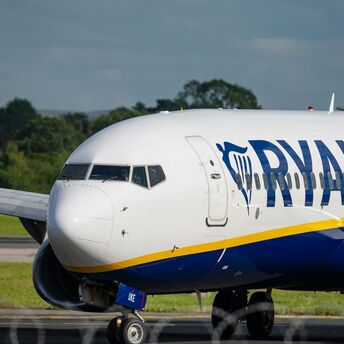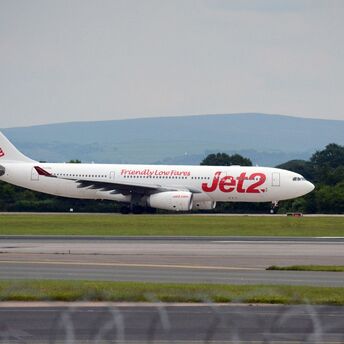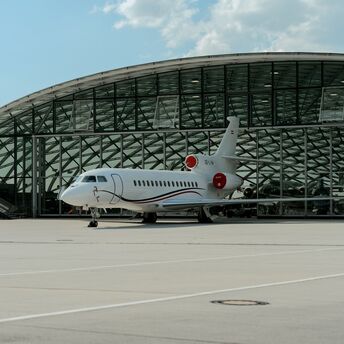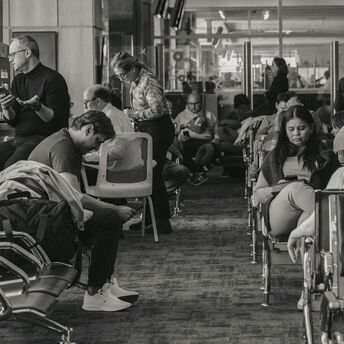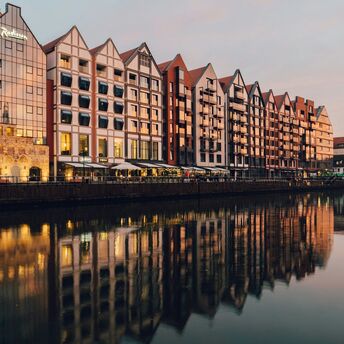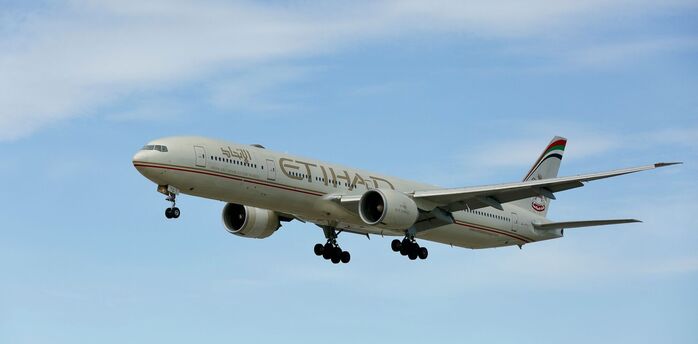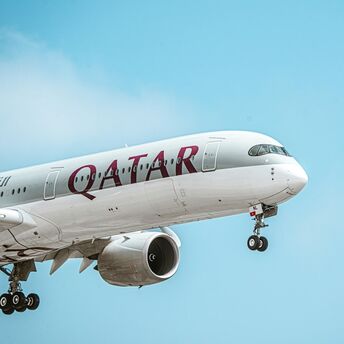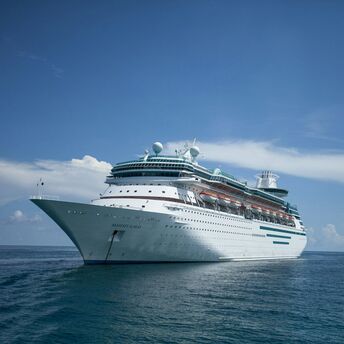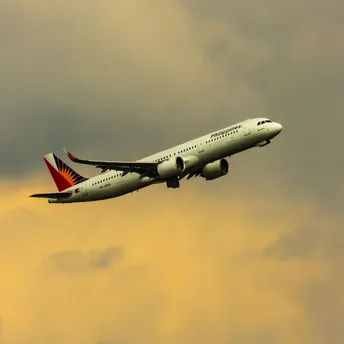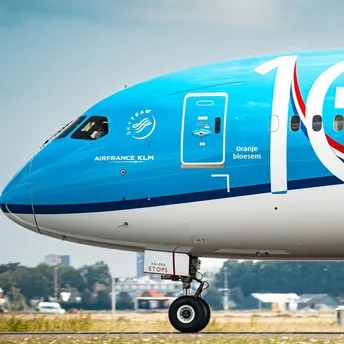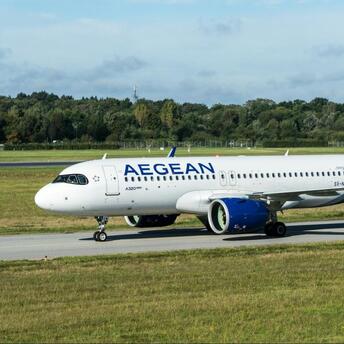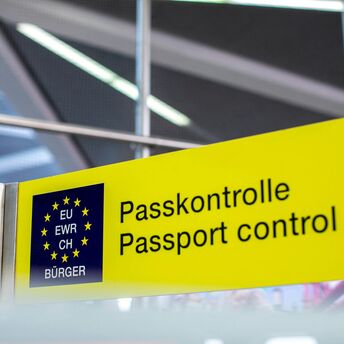UK ETA Fee Increase Sparks Concerns
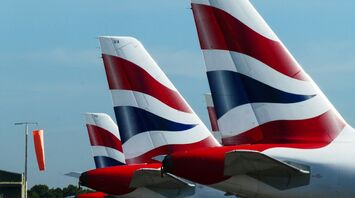
The UK government has proposed raising the cost of Electronic Travel Authorizations (ETAs) from GBP 10 to GBP 16, a 60% increase introduced shortly after the system’s launch. This proposal has drawn criticism from industry stakeholders, who argue it could hinder the country’s ambitions to grow tourism. The timing of this change, so soon after the system’s rollout, has raised questions about its potential impact on international travel to the UK.
This fee increase adds to the already significant Air Passenger Duty (APD), one of the world’s highest aviation taxes, which is also set to rise in April. Comparatively, the EU’s travel authorization system (ETIAS) offers a more affordable option, costing less than half the UK’s proposed fee while providing longer validity. This could shift travelers’ preferences, reducing the UK’s appeal as a cost-effective destination.
ABTA, the UK travel association, has expressed concern over the possible repercussions of this decision on tourism. With nearly 40% of international visitors entering the UK under visa-free arrangements, higher entry costs could deter a substantial portion of travelers. ABTA emphasizes that maintaining affordability is crucial to the UK’s ability to attract visitors in an increasingly competitive market. They warn that such changes may unintentionally create barriers for tourists, impacting overall arrivals.
The association also stresses the importance of clarity and efficiency in implementing these changes. Providing straightforward information to international travelers about the ETA system is vital to avoid confusion and frustration. A seamless process and perceived value for money will play a critical role in ensuring that tourists continue to choose the UK as a destination despite rising costs. Ensuring that visitors feel welcomed and valued should remain a priority for the government and industry alike.
For travelers, the rising costs highlight the importance of careful trip planning. With global destinations competing to attract visitors, more affordable options may gain an edge over the UK. This decision underscores the need for the government to balance revenue generation with accessibility to maintain its status as a leading global destination. Keeping the UK appealing requires not only competitive pricing but also a strong focus on providing excellent value and experience.



